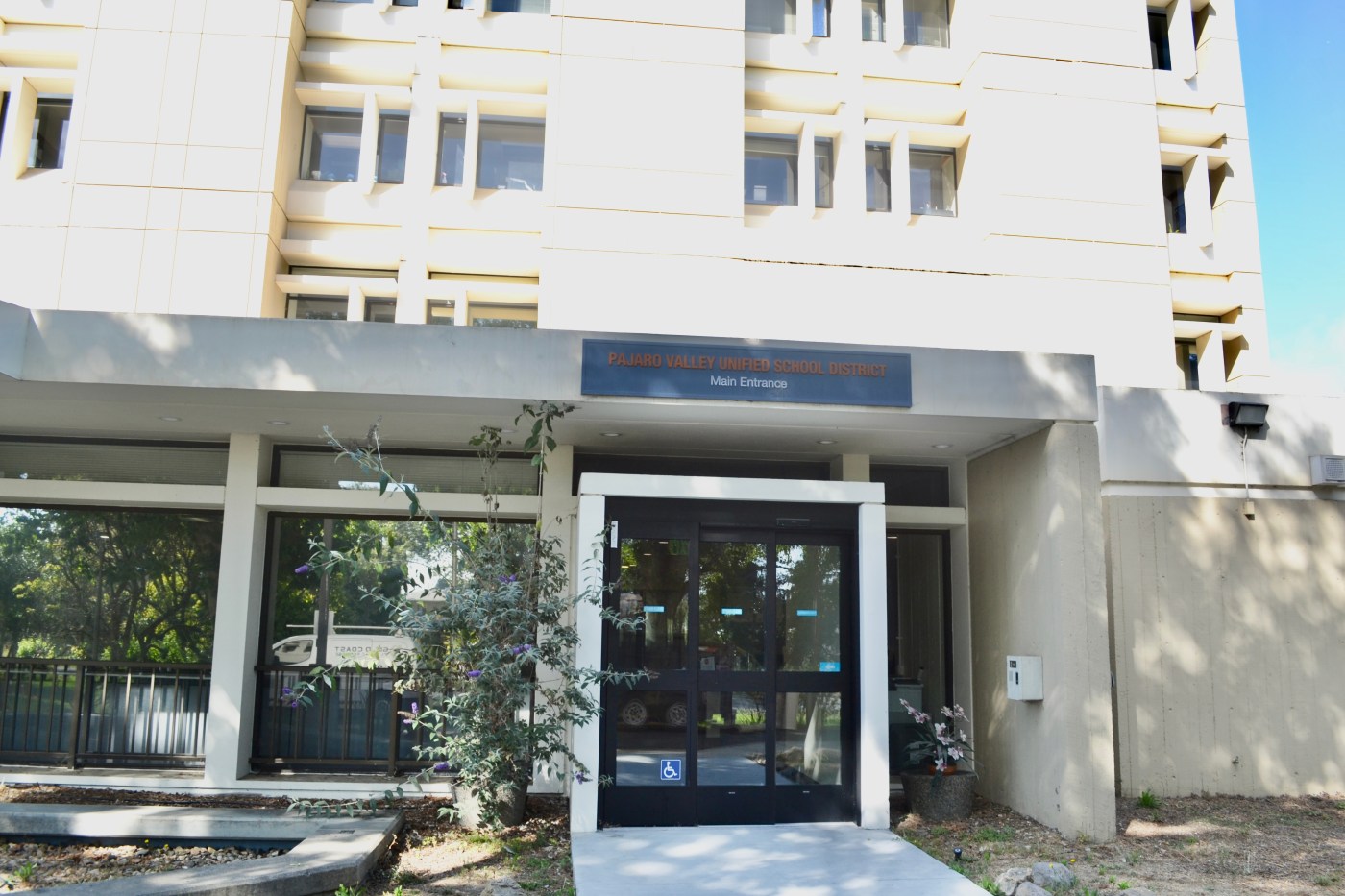To place an obituary, please include the information from the obituary checklist below in an email to obits@pioneerpress. com. There is no option to place them through our website at this time. Feel free to contact our obituary desk at 651-228-5263 with any questions. General Information: Your full name, Address (City, State, Zip Code), Phone number, And an alternate phone number (if any) Obituary Specification: Name of Deceased, Obituary Text, A photo in a JPEG or PDF file is preferable, TIF and other files are accepted, we will contact you if there are any issues with the photo. Ad Run dates There is a discount for running more than one day, but this must be scheduled on the first run date to apply. If a photo is used, it must be used for both days for the discount to apply, contact us for more information. Policies: Verification of Death: In order to publish obituaries a name and phone number of funeral home/cremation society is required. We must contact the funeral home/cremation society handling the arrangements during their business hours to verify the death. If the body of the deceased has been donated to the University of Minnesota Anatomy Bequest Program, or a similar program, their phone number is required for verification. Please allow enough time to contact them especially during their limited weekend hours. A death certificate is also acceptable for this purpose but only one of these two options are necessary. Guestbook and Outside Websites: We are not allowed to reference other media sources with a guestbook or an obituary placed elsewhere when placing an obituary in print and online. We may place a website for a funeral home or a family email for contact instead; contact us with any questions regarding this matter. Obituary Process: Once your submission is completed, we will fax or email a proof for review prior to publication in the newspaper. This proof includes price and days the notice is scheduled to appear. Please review the proof carefully. We must be notified of errors or changes before the notice appears in the Pioneer Press based on each day’s deadlines. After publication, we will not be responsible for errors that may occur after final proofing. Online: Changes to an online obituary can be handled through the obituary desk. Call us with further questions. Payment Procedure: Pre-payment is required for all obituary notices prior to publication by the deadline specified below in our deadline schedule. Please call 651-228-5263 with your payment information after you have received the proof and approved its contents. Credit Card: Payment accepted by phone only due to PCI (Payment Card Industry) regulations EFT: Check by phone. Please provide your routing number and account number. Rates: The minimum charge is $162 for the first 12 lines. Every line after the first 12 is $12. If the ad is under 12 lines it will be charged the minimum rate of $162. Obituaries including more than 40 lines will receive a 7. 5% discount per line. On a second run date, receive a 20% discount off both the first and second placement. Place three obituaries and the third placement will be free of charge. Each photo published is $125 per day. For example: 2 photos in the paper on 2 days would be 4 photo charges at $500. Deadlines: Please follow deadline times to ensure your obituary is published on the day requested. Hours Deadline (no exceptions) Ad Photos MEMORIAM (NON-OBITUARY) REQUEST Unlike an obituary, Memoriam submissions are remembrances of a loved one who has passed. The rates for a memoriam differ from obituaries. Please call or email us for more memoriam information Please call 651-228-5280 for more information. HOURS: Monday Friday 8: 00AM 5: 00PM (CLOSED WEEKENDS and HOLIDAYS) Please submit your memoriam ad to memoriams@pioneerpress. com or call 651-228-5280. Artificial intelligence is upon us, and just as other historical breakthrough technologies have proved, it is not a matter of how it will accommodate us but how we must accommodate it. Education, finance, law, transportation and energy are all sectors that are being dramatically transformed by AI, and medicine will be no exception. What will the AI automation of health care mean for patients? With more diagnostic power available to patients than ever before, they will have more agency than they could have imagined. The AI transformation of medicine likely will sharpen diagnoses, streamline treatments and improve patient outcomes. Convenience will be the coin of the realm; many doctors’ appointments and emergency room visits will become unnecessary. The long era of sitting quietly while the doctor pronounces what ails us and what to do about it is ending. Unfortunately, the future may not be as promising for physicians. The machines will soon out-doctor the doctors: AI will diagnose better and more quickly, and robotics will perform procedures more efficiently (the next generation of robotic surgery will need minimal human supervision). Physicians, especially the less experienced, are likely to overrely on machine AI in the pursuit of efficiency and speed. Doctors could become drone workers to the queen bee of AI. If that happens, what point is there in training new physicians? It is a notoriously cost-inefficient process. But it doesn’t mean physicians can be completely eliminated, if for no other reason than AI “hallucinations” the misleading results that machine learning occasionally generates. The diagnosis or treatment that AI suggests could be completely wrong, and the machine will not realize its error. Amr Awadallah, chief executive of an AI startup, told The New York Times, “Despite our best efforts, (AI systems) will always hallucinate. That will never go away.” Infallible machines turn out to be fallible. So there will have to be a physician somewhere in the equation to monitor the process. But the biggest risk of AI in medicine will be cybersecurity. Of course, you will be assured that your information is secure. But it won’t be, because there is no such thing as total security. Electronic medical records were once touted as secure, but whole hospital systems have been taken down and held for ransom by malefactors. Given the national interconnection of medical databases, an AI agent could in theory take down the medical systems of the entire country. Between hallucinations and hacking, there will have to be a role for physicians. The brilliant family physician and medical blogger Dr. Buzz Hollander once described the importance of the physician in the era of AI, “The internet has been a godsend for medicine; it has democratized medical knowledge away from the medical center libraries and academic journals and put it in everyone’s hands, at a faster pace than ever before. However, there is no device capable of reasoning through complex medical problems less prone to hacking, malware and corruption than the brain of a physician. No large scale attacks can be made on this form of intelligence.” The government, insurers, the health care industry, Big Science and Big Pharma will welcome, and eventually demand, that medicine be turned over to AI. The speed, efficiency and, of course, the profits will be too hard to pass up, risks be damned. Everyone in charge of health care will come to the same conclusion the tremendous upside of having AI in charge of health care is worth the foreseeable risks. But, of course, not all risks are foreseeable, and those that are will be borne primarily by patients. The AI revolution will be of immense benefit, but at the same time, it also will demand that all of us patients and physicians be aware of its shortcomings and potential pitfalls. Patients are the nexus between responsible health care and a dangerous technologic tsunami. They must make their desires known, the sooner the better, especially if they want the human contact that physicians, nurses and therapists provide. High tech should be tempered with high touch. The author Avi Jorisch, who wrote a treatise on technology, “Thou Shalt Innovate,” observed, “Like every true revolution, it will begin within us with the ancient, ever-new realization that technology is a mirror. What it reflects depends entirely on who we choose to be.” Dr. Cory Franklin is a retired intensive care physician and the author of“The COVID Diaries 2020-2024: Anatomy of a Contagion as It Happened.” He wrote this column for the Chicago Tribune.
https://www.twincities.com/2025/11/23/cory-franklin-what-will-ai-automation-of-health-care-mean-for-patients/
Cory Franklin: What will AI automation of health care mean for patients?



